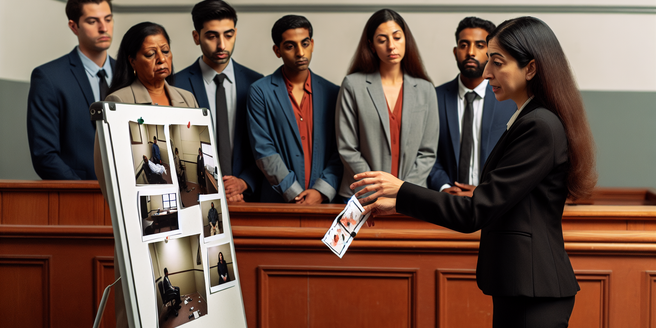
Understanding the Basics of Mass Tort Cases
Mass tort cases involve lawsuits from a large number of plaintiffs against one or several defendants. These cases typically stem from widespread damage or harm caused by the defendant’s actions or products. Understanding the nature and nuances of mass tort cases is crucial in creating a winning strategy.
Key Principles Behind Successful Mass Tort Strategies
To be successful in mass tort cases, there are several principles that lawyers must adhere to. These include comprehensive investigation, robust evidence collection, effective client communication, and meticulous case management. Embarking on a mass tort case without these principles can lead to mishandling of the case and eventual failure.
Developing a Comprehensive Mass Tort Case Strategy
Creating a comprehensive strategy for a mass tort case requires an understanding of the case specifics, the law, and the evidence at hand. A good strategy should consider the best approach for litigation, potential defenses, and risk management. It should also take into account the best interest of the plaintiffs and aim for the most efficient resolution.
Case Studies: Winning Mass Tort Cases
The past has seen numerous mass tort cases won due to brilliant strategies and dogged determination. These cases serve as learning tools for upcoming lawyers and litigators in the sector. By studying these cases, one can gain insights into what makes a winning mass tort case strategy and how best to apply these learnings.
The Role of Expert Witnesses in Mass Tort Cases
Expert witnesses play a crucial role in mass tort cases. They provide the court with professional and scientific knowledge that can help prove the negligence or fault of the defendant. An expert’s testimony can be the tipping point between success or failure in a mass tort case.
Maintaining Ethical Standards in Mass Tort Cases
Aside from maintaining a winning strategy, lawyers involved in mass tort cases are required to uphold the highest ethical standards. While the appeal of large settlements can lead some to compromise their integrity, it is essential for the overall credibility of the judicial system that all legal professionals abide by the designated ethical guidelines.
